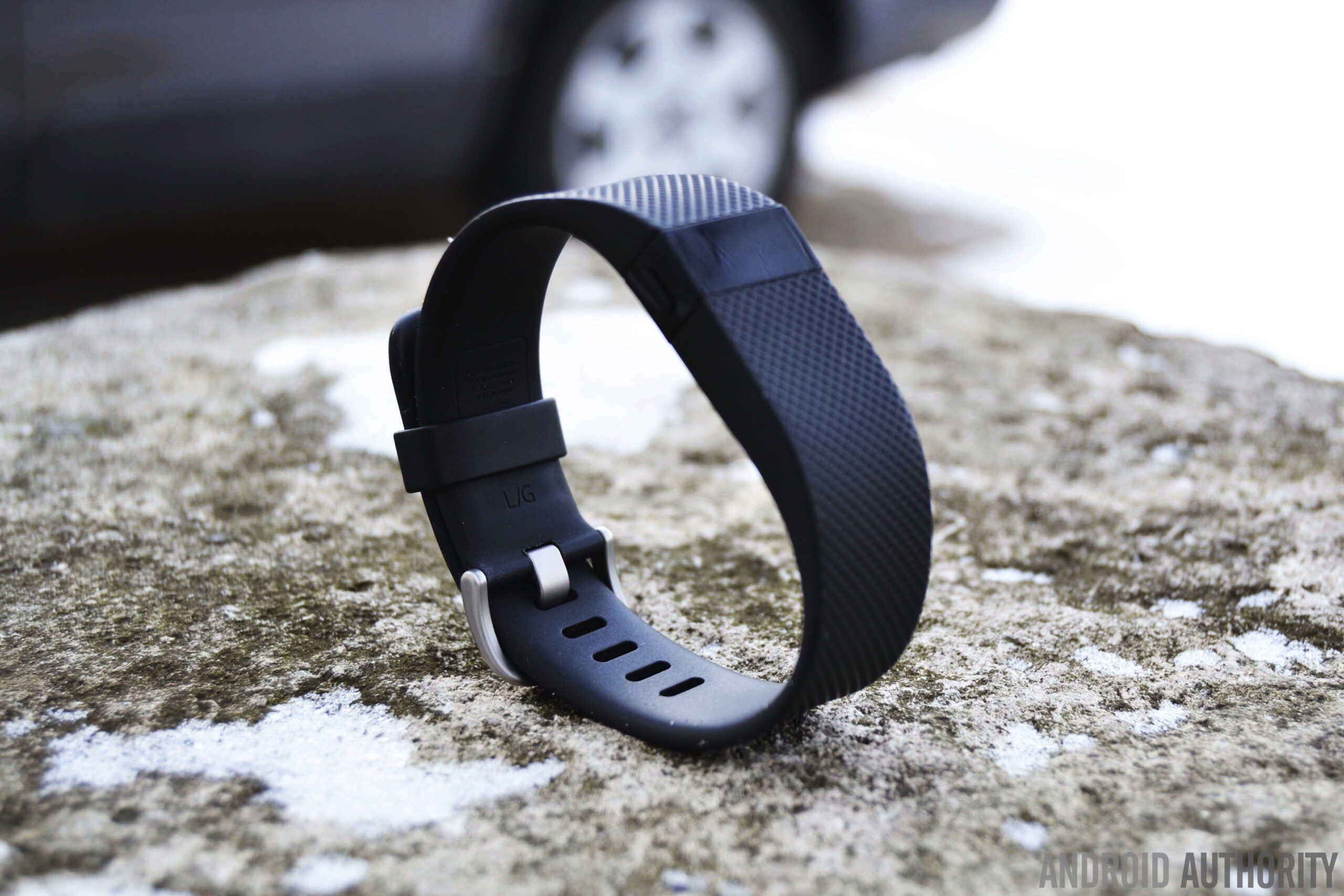Affiliate links on Android Authority may earn us a commission. Learn more.
Fitbit Charge HR helps save a patient's life

Fitness trackers are fairly popular these days, especially among those looking to get a better hold on their fitness and health. But are they’re implications beyond just staying healthy? Yes, at least one particular case, it turns out that a fitness tracker could be used as a diagnostic tool for doctors as well.
The great thing about fitness trackers is that they don’t just tell you the steps you’ve taken that day, but they are smart enough to track this information over time. For more advanced trackers, you’ll even finding recordings for sleep habits, heart rate, and more. It was heart rate tracking that proved useful in the treatment of a 42-year old man from New Jersey who suffered from a seizure at work and was taken to an emergency room.
At arrival to the medical center, doctors noticed that the man had an irregular, fast heartbeat. What they weren’t sure on is if this were a chronic condition or something caused by the seizure itself. The answer to that question was important, because if the seizure had caused it, they could electrically cardiovert the patient to alleviate things But if it turned out to be chronic? This procedure could make things much worse, potentially leading to a stroke. Leaving it untreated could equally prove dangerous, however.
Thankfully for the doctors, this man had a Fitbit Charge HR that they were able to access. Upon inspecting the information, they learned that his heart rate was generally around “70 and 80 beats/min, with an immediate persistent increase to a range of 140 to 160 bpm at the approximate time of the patient’s seizure.” In other words, the Fitbit confirmed that the seizure had caused the patient’s heartbeat to spike up. The doctors performed the electrocardioversion and the patient recovered.
What makes this so significant is this is the first time that doctors have used a fitness tracker to aid in a medical decision. It also highlights the kinds of roles advanced health sensors could play in the IoT market in the years to come. Tracking heart rate is one thing, but in time we could see much more advanced sensors designed to monitor all sorts of conditions.
What do you think of the idea of fitness trackers and other wearables being used as medical diagnostic tools? Share your thoughts in the comments.